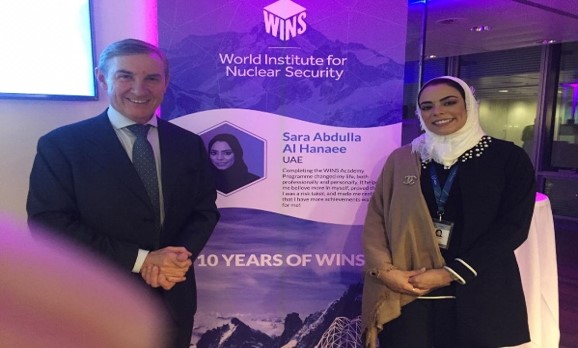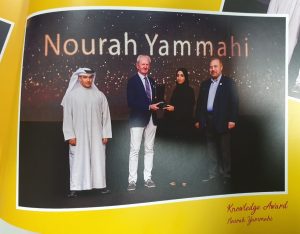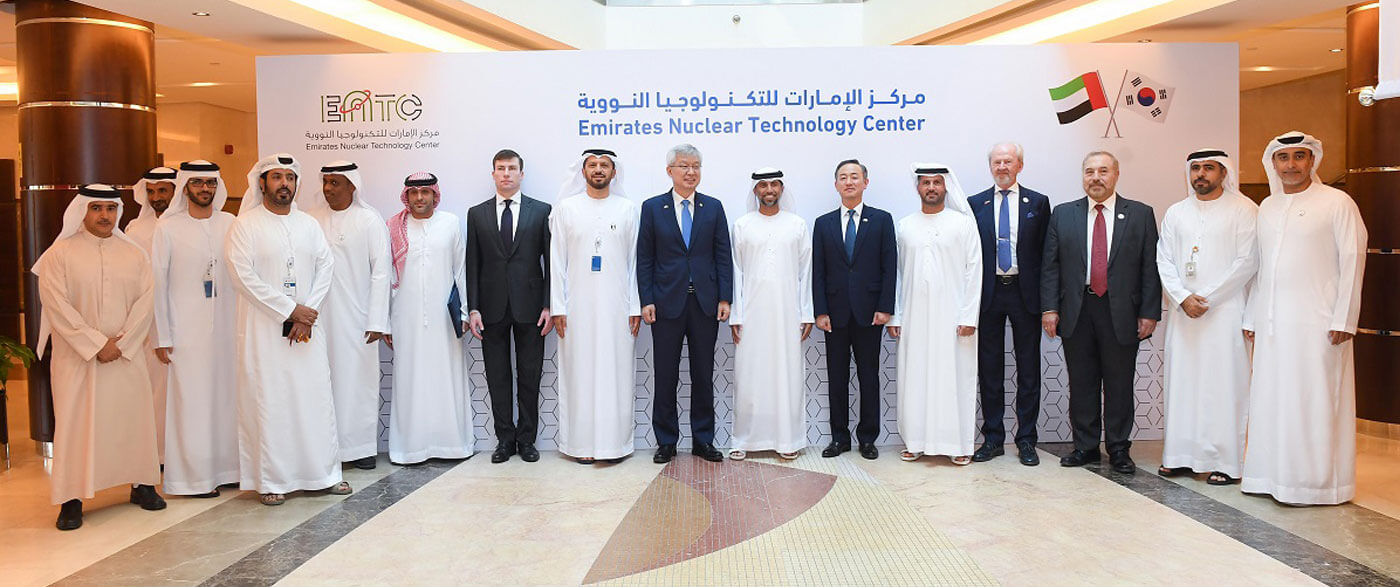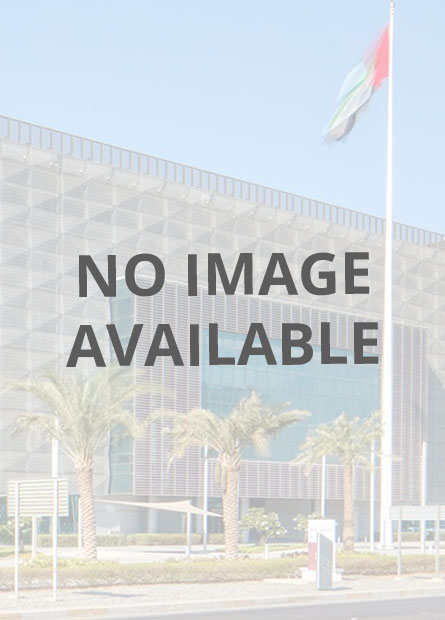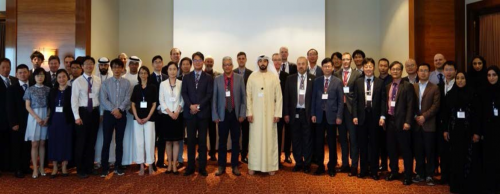ENTC won high value MOE grant: Collaborative Research Program Grant 2019
The safe, reliable, and economic operation of the UAE’s nuclear power plants at Barakah has been at the heart of the nation’s nuclear energy program since its inception in 2008 with the publication of the “UAE Policy on the Peaceful Use of Nuclear Energy” document. Following the events at Fukushima, Accident Tolerant Fuels (ATFs) became a focus within the nuclear fuel R&D community. Using ATFs in the existing APR1400 Barakah reactors would help endure loss of active cooling in the reactor core for a considerably longer period of time, and therefore would be safer, than the current fuel system while maintaining or improving performance during normal operations. To achieve this goal, many assessments will be needed including neutronics, thermal-hydraulic, thermo-mechanical/chemical, and fuel performance analyses for several candidate ATF concepts. In performing final assessments, the “do no harm” principle will be observed, meaning that the selected ATF concepts must, under all operating conditions, perform as well as or better than the current fuel system used in the APR1400 reactor core.
Recently, a KU team lead by Dr. Saeed Alameri and 6 more faculty members, along with 3 external collaborators from MIT, KAIST and University of Manchester won a high value grant of the Ministry of Education Collaborative Research Program Grant 2019 in which just 4 awards were selected out of 238 proposals in the whole country. The topic is about (Evaluation of Using Accident Tolerant Fuel Concepts in APR1400) with a total amount of almost AED 7M. The following are the main objectives of this research:
- Evaluate the impact of using ATFs on the safety of APR1400;
- Evaluate the performance of ATFs in APR1400;
- Determine the allowable ranges of reactor critical parameter values; and
- Assessment studies on the suitability of using ATFs in APR1400.
